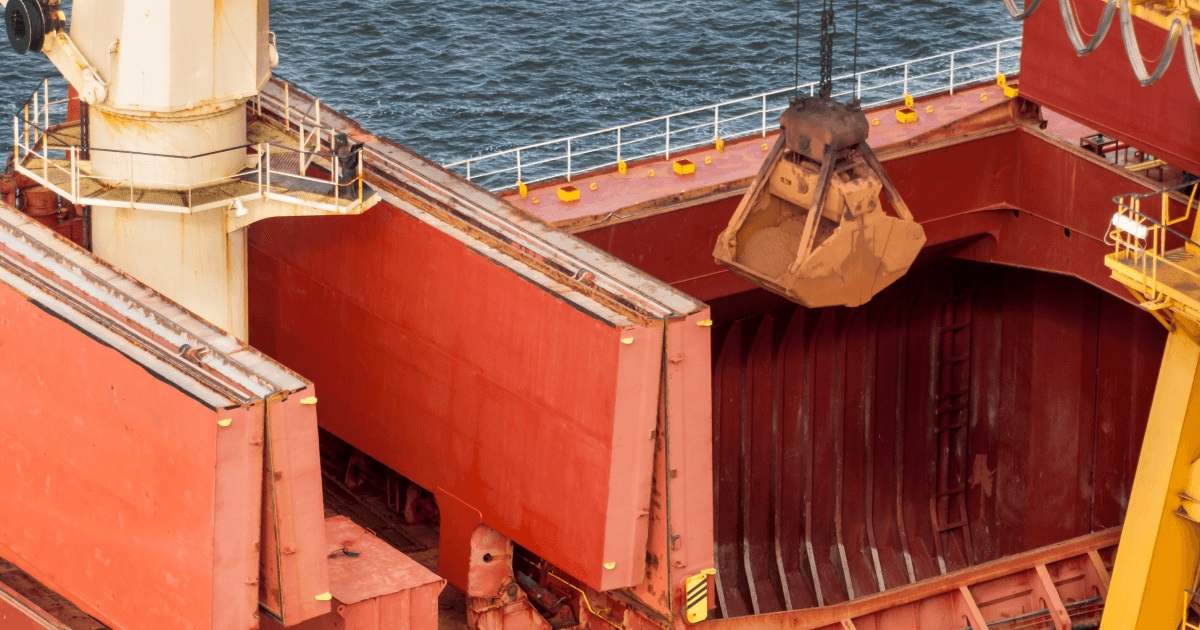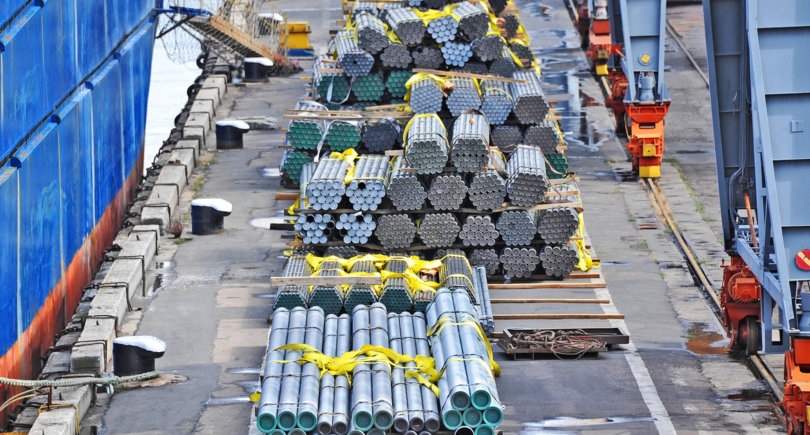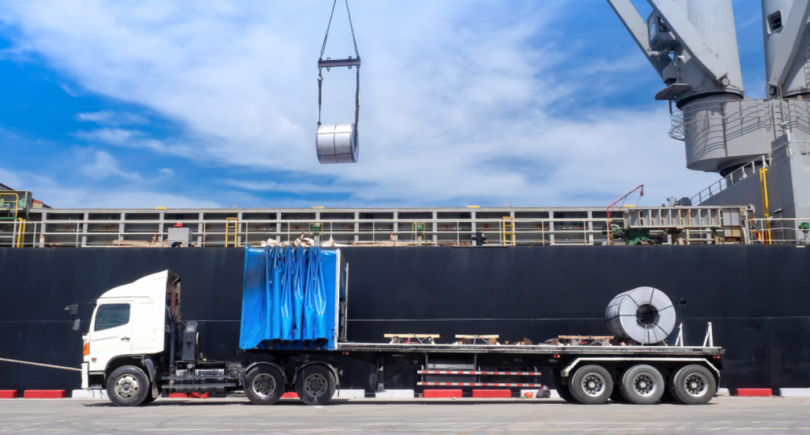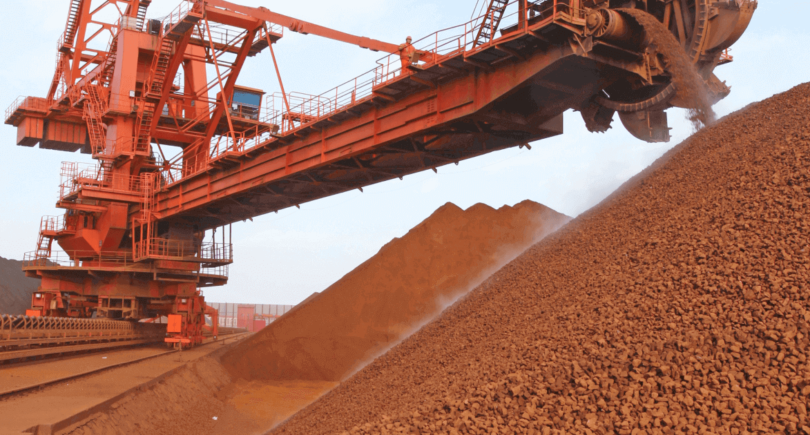
News Global Market Türkiye 1980 06 February 2024
The total import of iron ore by Turkish consumers amounted to 9.58 million tons
In 2023, Turkiye reduced imports of iron ore from Ukraine by 1% compared to 2022, to 582 thousand tons. This is evidenced by the data of the Turkish Statistical Institute (TUIK) and the Turkish Steel Association (TCUD), S&P Global reports.
Total imports of iron ore to Turkiye last year decreased by 4% compared to 2022 – to 9.58 million tons. This decline corresponds to a drop in steel production by Turkish steelmakers, down 4% y/y – to 33.7 million tons.
DR pellets account for about 700 thousand tons of total iron ore imports. Most of these products were imported from the US and Russia.
Imports of iron ore from Brazil in 2023 reached 5.46 million tons (+23.5% y/y). Supplies of raw materials from Sweden decreased by 10% y/y – to 1.48 million tons, and from South Africa – by 51% y/y to 678 thousand tons. Russia shipped 552 thsd tonnes of iron ore to Turkiye, down 22% y/y, and the US shipped 416 thsd tonnes (+ 3 times y/y).
Turkiye plans to achieve record steel production in 2024, which will exceed the figures for 2021 (40.4 million tons). The ambitions will be supported by the launch of new capacities and the expected increase in demand in both domestic and export markets.
In 2022, Turkiye reduced its imports of iron ore from Ukraine by 50.6% compared to 2021 – to 585.22 thousand tons. The sharp decline was caused by the hostilities in Ukraine and the blockade of Ukrainian seaports.
As GMK Center reported earlier, in 2023, Ukraine reduced iron ore exports by 26% compared to 2022, to 17.75 million tons. In 2023, Slovakia, the Czech Republic, and Poland were the largest consumers of Ukrainian-made raw materials.




